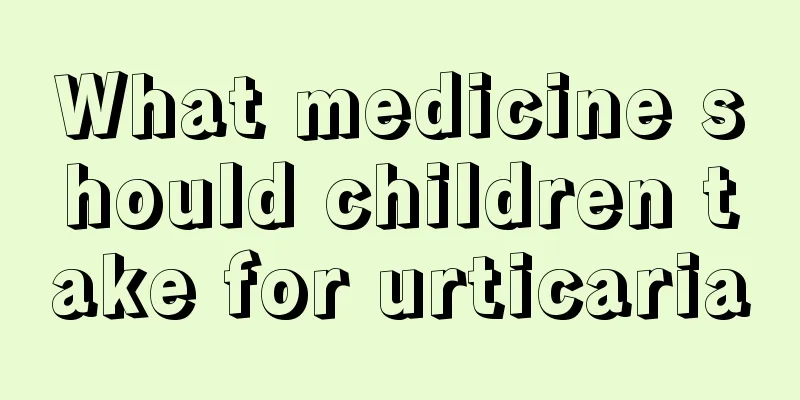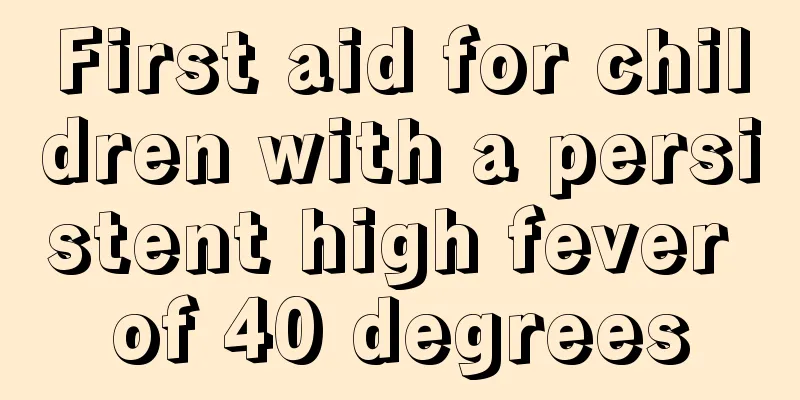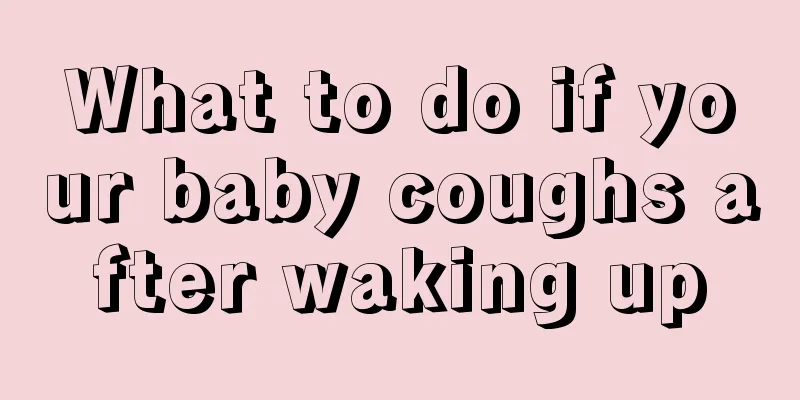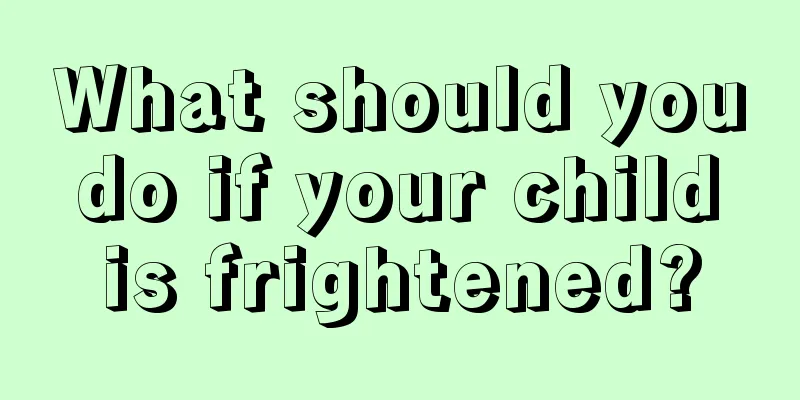What medicine should children take for urticaria

|
As parents, we should all be aware that children's resistance is much weaker than that of adults, so we need to pay special attention and care to children when taking care of them, otherwise, they will easily be infected by pathogenic microorganisms or suffer other mechanical injuries, etc. However, there are many pediatric diseases that are difficult to prevent, such as allergic reactions in children. These diseases develop quickly and there are many types of allergens. Among allergic diseases in children, urticaria is the most common one. There are many allergens that cause urticaria in children, such as bacteria, viruses, parasites, and even pollen, dust, chemicals, etc. can all become allergens. Below, let us briefly understand what kind of disease urticaria is. Urticaria in children is a common allergic skin disease. When exposed to allergens, red patches of varying shapes and sizes will appear on unspecified parts of the body, and these patches will become itchy. If a child suffers from urticaria, we can use the following medicines to treat it. 1. Loratadine syrup It is mainly used to relieve symptoms related to allergic rhinitis, and is also suitable for relieving chronic urticaria and itchy skin diseases. Dosage: Children aged 2 to 12 years: Weight > 30 kg: once a day, two teaspoons (10 ml) each time. Body weight ≤ 30 kg: once a day, 1 teaspoon (5 ml) each time. 2. Levocetirizine Hydrochloride Tablets It is mainly used to relieve allergic symptoms of allergic diseases, such as allergic rhinitis (including eye allergic symptoms), urticaria, etc. For children aged 2-6 years old, take half a tablet once a day. 3. Cetirizine Hydrochloride Tablets Suitable for seasonal or perennial allergic rhinitis, urticaria and skin itching caused by allergens. The dosage is oral: Adults or children over 12 years old, 10 mg once a day or as directed by a doctor. If adverse reactions occur, the dosage can be changed to 5 mg in the morning and evening. For children aged 6 to 11 years, the recommended starting dose is 5 mg or 10 mg once a day, depending on the severity of symptoms. For children aged 2 to 5 years, the recommended starting dose is 2.5 mg once a day; the maximum dose can be increased to 5 mg once a day, or 2.5 mg once every 12 hours. 4. Loratadine Tablets It is mainly used to relieve symptoms associated with allergic rhinitis, such as sneezing, runny nose, itchy nose, nasal congestion, and itchy and burning eyes. Used to relieve symptoms associated with allergic rhinitis, such as sneezing, runny nose, itchy nose, nasal congestion, and itchy and burning eyes. The dosage is oral. Adults and children over 12 years old: 1 tablet (10 mg) once a day. Children 2 to 12 years old: Weight > 30 kg: Take 1 tablet (10 mg), once a day. Body weight ≤ 30 kg: once a day, half a tablet (5 mg) each time. The above are the medicines we can use when children suffer from urticaria. Of course, the above medicines need to be supervised by a doctor before they can be taken. Therefore, when we find that a child has urticaria, we must take the child to the hospital for treatment. We cannot use medication blindly, otherwise it will not achieve the treatment effect and will aggravate the disease. |
<<: Henoch-Schonlein purpura in children
>>: What to do if children have indigestion
Recommend
What is the reason for the baby's teeth growing quickly?
As the baby grows and develops day by day, decidu...
Baby viral cold fever
Viral colds are more common in winter. The dry en...
How to take care of a baby who has a fever and keeps crying
For most babies, crying is a very normal thing, b...
What to do if your baby has a runny nose?
It is very common for babies to have a runny nose...
If parents are not tall, will their children still have a chance to grow taller?
I believe that everyone will find such a phenomen...
Why does a 5-year-old child have bad breath?
Children often suffer from some diseases that we ...
Children often complain of stomachache
Many children often complain of stomachaches. Thi...
Can seven-month-old babies eat sweet potatoes?
The taste of sweet potatoes is very similar, espe...
How to treat hilar tuberculosis in children
At present, people are paying more and more atten...
What to do if infants and young children have intestinal gas
I often hear some elderly people say that hernia ...
The impact of precocious puberty on children
The incidence of precocious puberty in children i...
How to treat malnutrition in a 9-year-old
For parents, the biggest fear is the baby getting...
Can newborns listen to music?
In real life, the growth environment of a newborn...
How to give your baby a tummy massage
Many new parents, due to their lack of feeding ex...
What is phimosis in children?
The health of the genitals should be paid attenti...









